Your kidneys are remarkable organs. Every day, they filter nearly 50 gallons of blood, removing toxins, balancing electrolytes, and keeping your body hydrated. Yet many people don’t realize that poor diet, dehydration, and lifestyle choices can burden the kidneys, leaving them vulnerable to disease. The statistics are alarming: 1 in 7 adults in the United States has chronic kidney disease, and millions more are at risk without knowing it.
But here’s the good news—simple changes in your diet can help support kidney health naturally. Certain foods contain antioxidants, vitamins, and minerals that may help cleanse your kidneys, flush out excess waste, and reduce inflammation. Adding these foods to your daily meals isn’t just about preventing kidney issues; it’s also about boosting overall energy, improving digestion, and supporting long-term wellness.
So, what are the best foods to eat if you want to keep your kidneys clean and functioning at their best? Let’s explore nine powerful options you can start using today.
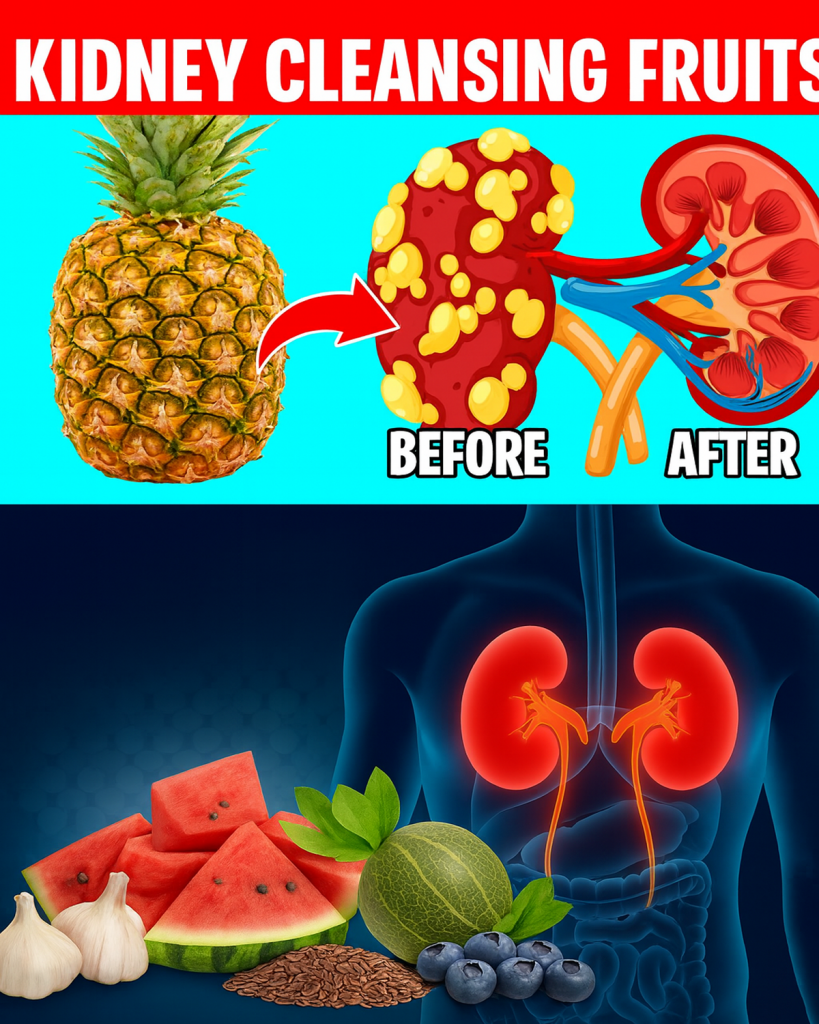
Why Kidney Health Matters
The kidneys act as the body’s natural filtration system. When they don’t function properly, toxins and waste products build up, leading to fatigue, swelling, high blood pressure, and in severe cases, kidney failure. Protecting your kidneys isn’t only about avoiding salt or processed foods—it’s also about actively nourishing them with the right choices.
Now let’s look at the nine foods that can make a big difference.
1. Cranberries
Cranberries are well-known for supporting urinary tract health, but they also play a role in cleansing the kidneys. They help reduce calcium oxalate, a primary contributor to kidney stones.
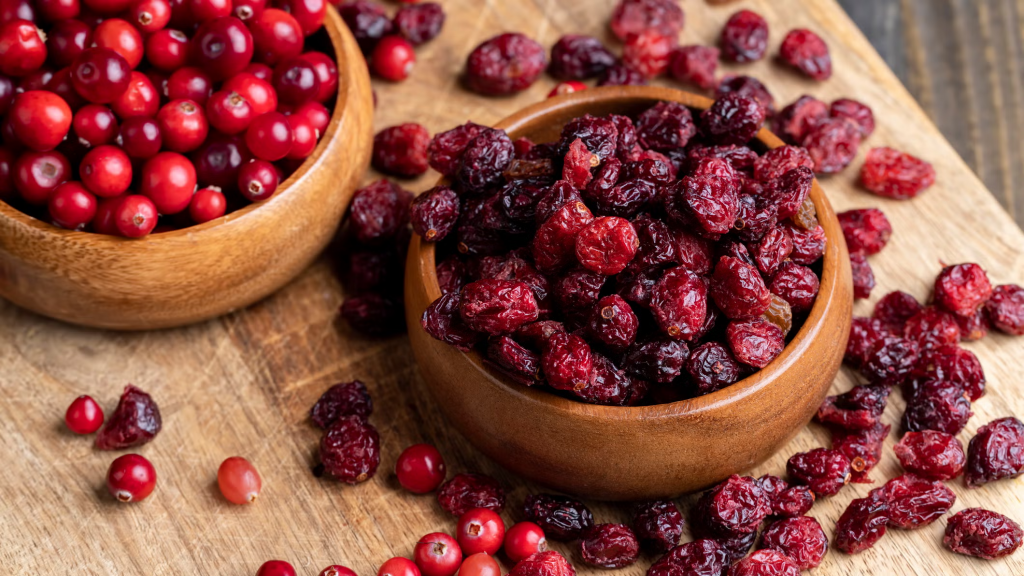
How to use:
- Drink unsweetened cranberry juice.
- Add fresh cranberries to salads or smoothies.
2. Lemon Juice
Lemon juice increases citrate levels in the urine, which may prevent calcium buildup and stone formation. It also helps the body flush toxins more efficiently.
How to use:
- Start your day with warm water and fresh lemon juice.
- Use lemon juice as a natural seasoning in meals.
3. Apples
High in fiber and antioxidants, apples support detoxification by binding toxins and helping them leave the body. Their anti-inflammatory properties may also protect kidney tissue.

How to use:
- Eat raw as a snack.
- Add apple slices to oatmeal or smoothies.
4. Beets
Beets contain betaines, which help the body eliminate calcium and support liver and kidney function. They are also rich in antioxidants that fight inflammation.
How to use:
- Juice fresh beets with carrots and apples.
- Roast beets as a side dish.
5. Ginger
Ginger has natural anti-inflammatory properties and helps improve circulation, which supports kidney filtration. Some studies suggest ginger may also help reduce kidney damage caused by toxins.
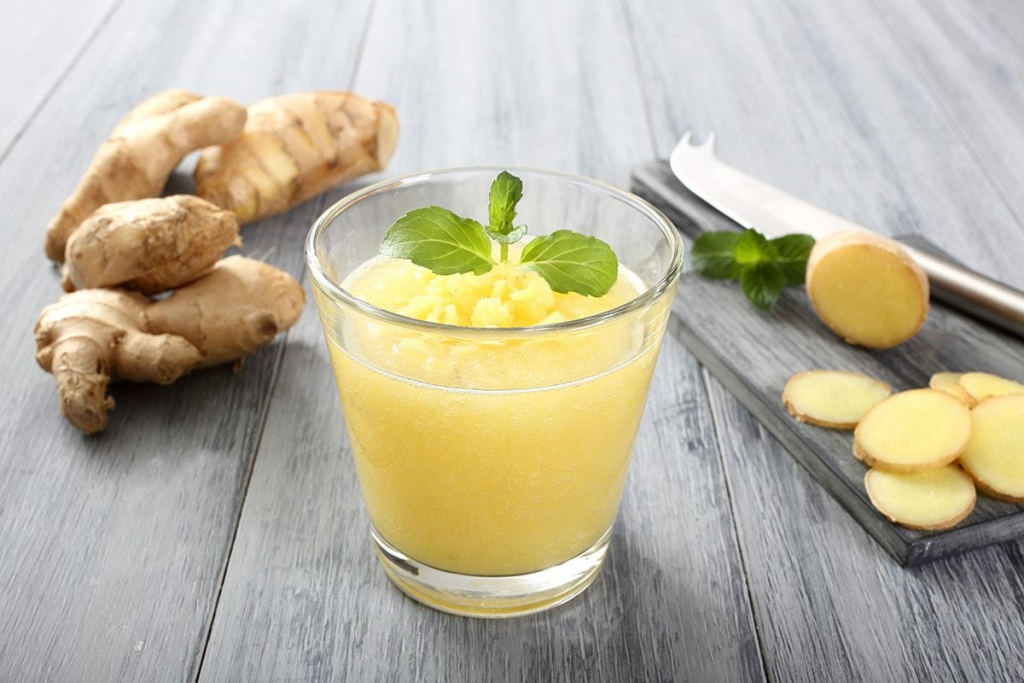
How to use:
- Add fresh ginger to tea.
- Incorporate grated ginger into stir-fries or soups.
6. Garlic
Garlic supports the kidneys by lowering inflammation, reducing oxidative stress, and improving blood pressure control. Since high blood pressure is a major risk factor for kidney disease, garlic is especially valuable.
How to use:
- Eat raw garlic cloves or use in cooking.
- Add crushed garlic to olive oil for a healthy dressing.
7. Blueberries
These small fruits are packed with antioxidants called anthocyanins, which protect the kidneys against oxidative stress and support overall urinary tract health.
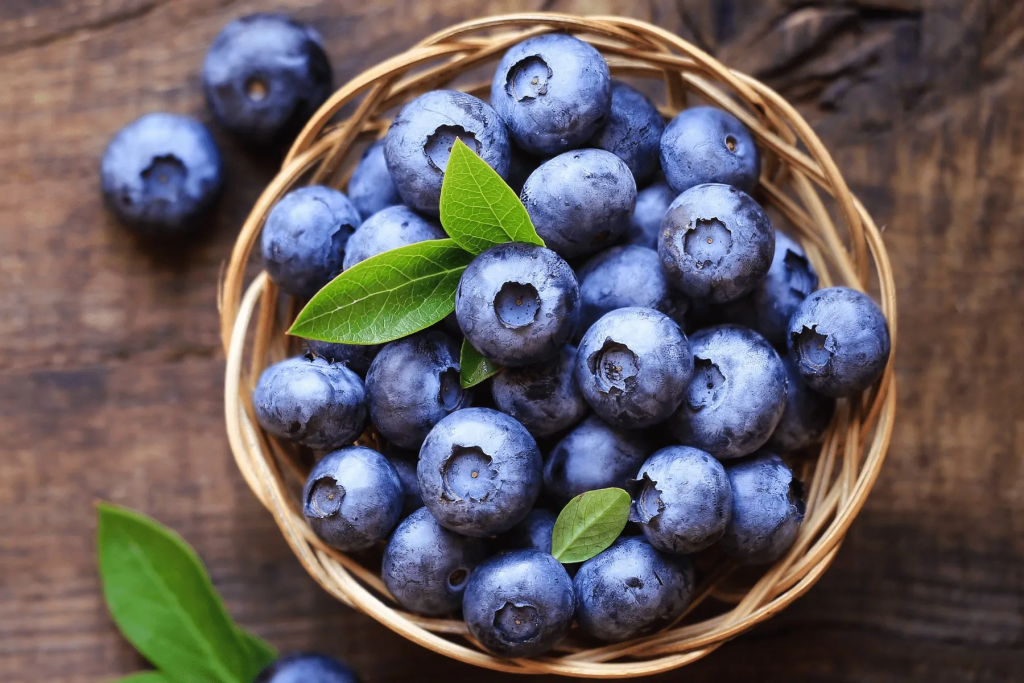
How to use:
- Add to yogurt, oatmeal, or smoothies.
- Eat a handful as a sweet, healthy snack.
8. Watermelon
Watermelon is hydrating and naturally flushes excess salt and toxins from the kidneys. It contains lycopene, an antioxidant that supports both kidney and heart health.
How to use:
- Eat fresh slices as a snack.
- Blend into refreshing juice.
9. Parsley
Parsley acts as a natural diuretic, increasing urine output and supporting kidney cleansing. It is also rich in vitamins A, C, and K, which help protect kidney tissue.
How to use:
- Brew parsley tea by steeping fresh leaves.
- Add parsley as a garnish to soups and salads.
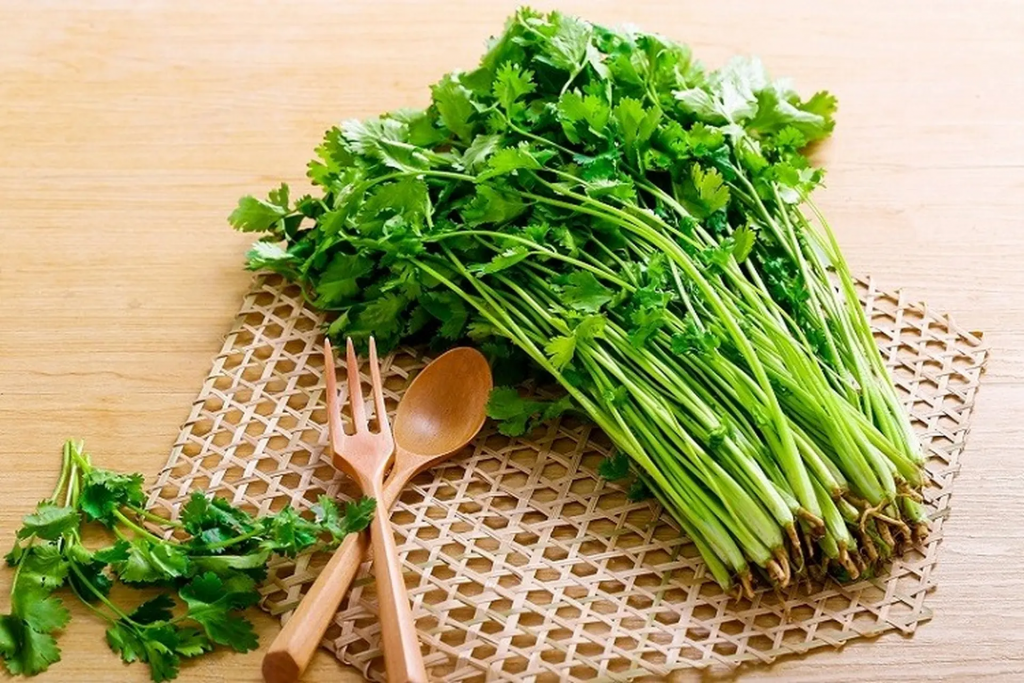
Quick Reference Table
| Food | Kidney Benefit | Easy Ways to Use |
|---|---|---|
| Cranberries | Reduce kidney stone formation | Juice, salads, smoothies |
| Lemon Juice | Flush toxins, prevent calcium buildup | Morning drink, seasoning |
| Apples | Bind toxins, reduce inflammation | Snacks, oatmeal, smoothies |
| Beets | Support filtration, fight inflammation | Juices, roasted dishes |
| Ginger | Reduce inflammation, improve circulation | Teas, stir-fries, soups |
| Garlic | Lower blood pressure, fight stress | Raw, cooking, salad dressings |
| Blueberries | Protect against oxidative stress | Yogurt, oatmeal, snacks |
| Watermelon | Hydration, toxin flush | Fresh slices, juice |
| Parsley | Natural diuretic, vitamin support | Tea, garnishes |
Lifestyle Tips to Enhance Kidney Cleansing
- Stay hydrated by drinking enough water throughout the day.
- Limit processed foods high in salt and sugar.
- Get regular exercise to support circulation.
- Monitor blood pressure and blood sugar to protect kidney health.
- Avoid overuse of painkillers, which can strain the kidneys.
Real-Life Case Example
A 56-year-old man with a family history of kidney disease added cranberry juice, garlic, and daily lemon water to his diet. Combined with reducing salt intake, his kidney function markers improved after six months, and he reported more energy and less bloating.
Conclusion: FAQs on Kidney Cleansing Foods
Can foods really cleanse the kidneys?
Yes. While food alone won’t cure kidney disease, certain foods support kidney function and help prevent damage by reducing inflammation and flushing toxins.
Do I need to eat all nine foods daily?
Not necessarily. Including several of them regularly in your meals can provide ongoing support.
Are these foods safe for everyone?
Most are safe, but individuals with advanced kidney disease should consult a doctor before making major dietary changes.
*Disclaimer: This article is for educational purposes only. It does not replace professional medical advice, diagnosis, or treatment. Always consult a healthcare provider before starting new health practices, especially if you have kidney problems or chronic illness.




